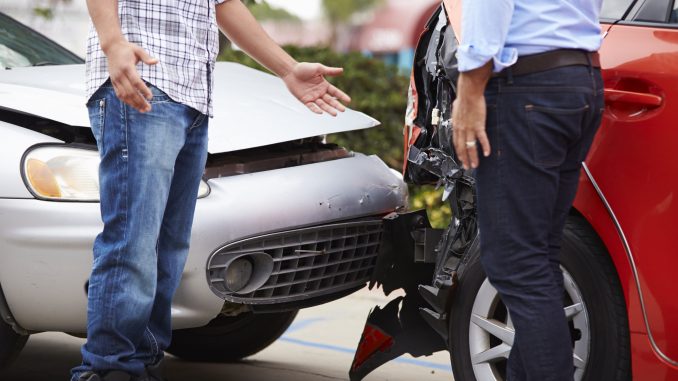
 It is usually not the end of the road in the event that your car has been declared a write-off after being involved in an accident.
It is usually not the end of the road in the event that your car has been declared a write-off after being involved in an accident.
The insurance company will value your vehicle’s market value to be the same as what you had paid. You are entitled to challenge the decision of the insurer if you feel that you can get more value.
You can use either guaranteed value policy or Gap insurance to safeguard yourself against being paid less in case of a write-off. You can also consider buying your car back after the full write-off settlement has been made. Seek professional help from injury lawyers if you need to.
Even when you are not fully satisfied with the amount you are being compensated, you should consider it a starting point for negotiations for a better deal.
How the write off is classified?
When the cost of repairing a motor vehicle after an accident does not make any economic sense, the insurance company may term that car as a total loss, also known as a write-off.
The insurance company will also conclude a vehicle is a total loss if it is stolen and never recovered.

The classification of total loss is in four sections namely
- Category A: completely ruined car suitable for scrap
- Category B: cars that can be split and sold as spares
- Category C: cars that would use up more money in repair than its worth before the accident
- Category D: cars whose repair cost would be below its value before the accident.
Compensation price
A valuation report after the accident can make the insurance decide that the car is a write-off and offer to compensate you.
In some cases, the compensation price is very low compared to the initial buying price.
Assessed value versus assured value
Most people are not happy with the settlement for total loss since the amount paid to them is much lower than the vale they had insured the car for. There are some insurance companies who charge a higher premium for a guaranteed value policy.
Those who own a classic automobile or a car that has been modifies will usually find themselves taking the guaranteed value policies since it can be very hard to determine the true worth of the car.
Challenging a total loss payout
You can disagree with the amount paid to you as the write-off settlement by your insurer even after you have considered the mileage covered and the depreciation factor.
You can begin by adjusting your mileage, car model and condition on an authentic and correct valuation guide like Parker’s and Glass’s which is available on hardcopy or online. Ensure you have all the records for servicing your car.
You can also look into having your personal engineer do an evaluation on the salvaged car to compare with the insurance’s report.
Compare the worth of your car with the value of similar cars being advertised. Once you have put together all the above, approach your insurer with an open mind to re-negotiate the settlement you got.
Guaranteed Asset Protection (GAP) insurance
Gap insurance is an option that safeguards the difference of your car’s worth upon purchase and how much you will probably get as settlement in case of a write-off. When you opt for Gap insurance, you may end up losing the car but have a good amount of money being owed in unpaid funding.
Buying your car back
Based on some circumstances, it may be possible for you to buy back your car after receiving full settlement for your write-off. Ideally, the car is still yours up to the point where the insurance pays you the agreed amount, after which it is the property of the insurance company. Make sure you inform your insurer in advance if you intend to buy back the salvage. Of course, you need to have seen the condition of the salvage you are considering buying back.